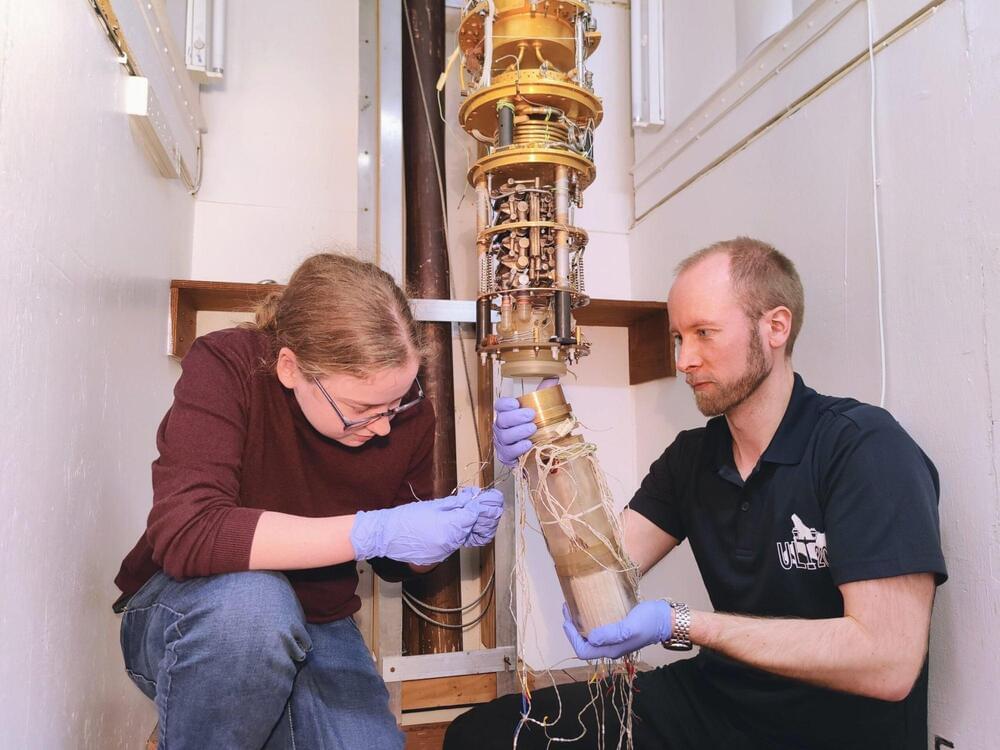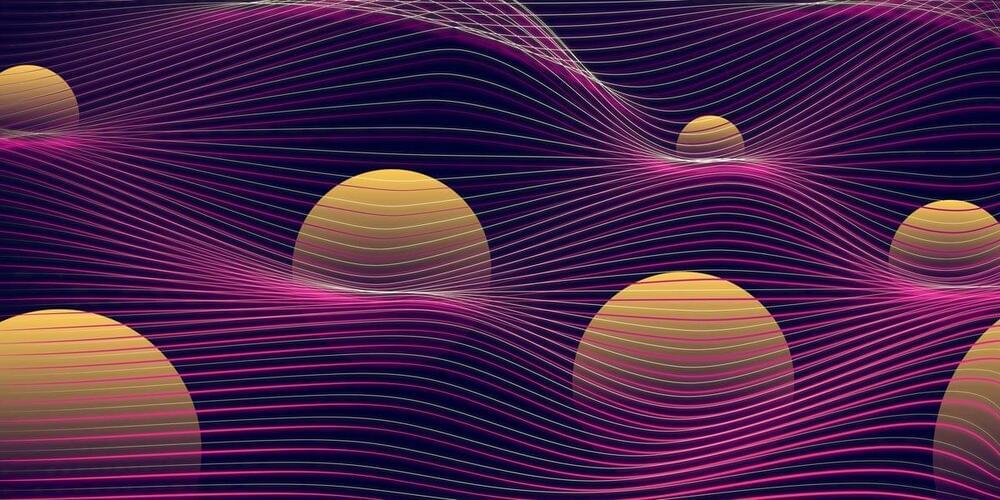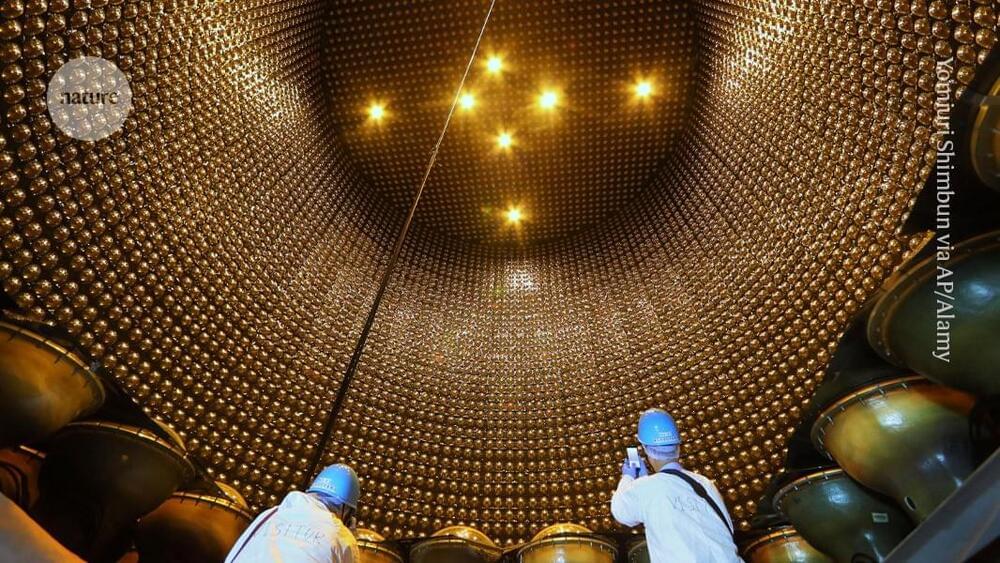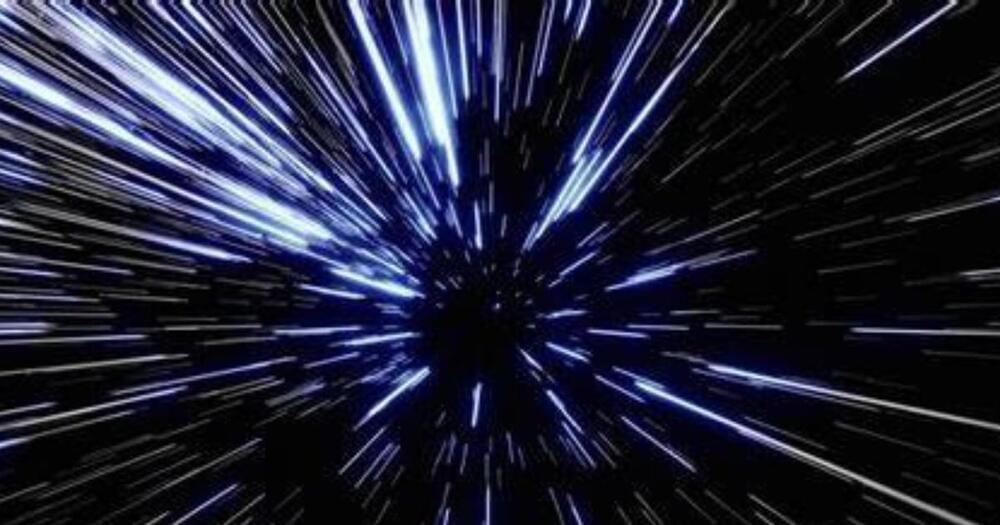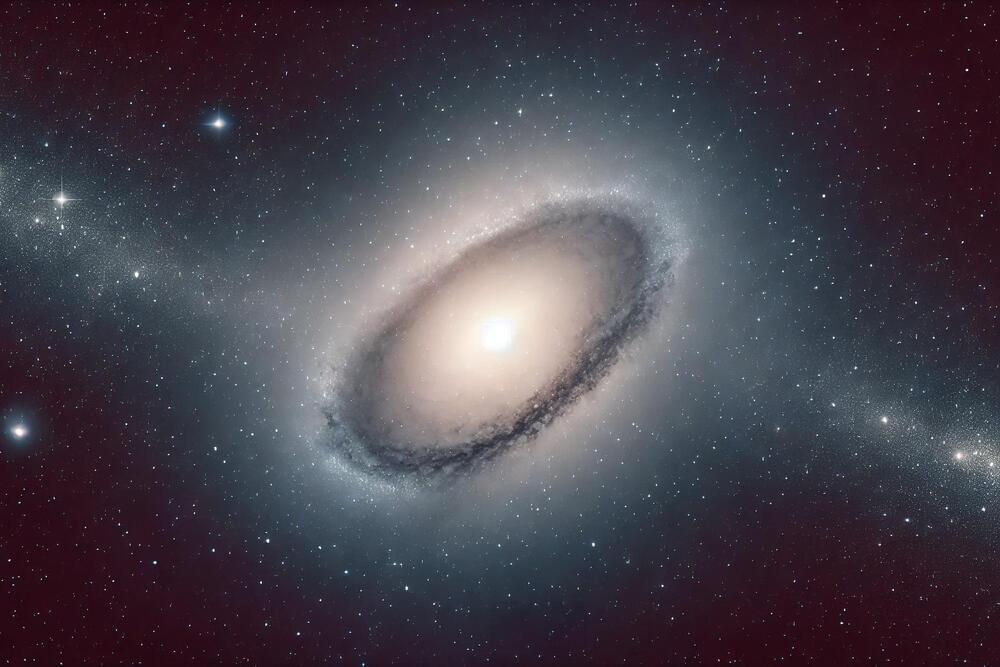Around 80% of the universe’s matter is dark, meaning it is invisible. Despite being imperceptible, dark matter constantly streams through us at a rate of trillions of particles per second. We know it exists due to its gravitational effects, yet direct detection has remained elusive.
Researchers from Lancaster University, the University of Oxford, and Royal Holloway, University of London, are leveraging cutting-edge quantum technologies to build the most sensitive dark matter detectors to date. Their project, titled “A Quantum View of the Invisible Universe,” is featured at the Royal Society’s Summer Science Exhibition. Related research is also published in the Journal of Low Temperature Physics
The team includes Dr. Michael Thompson, Professor Edward Laird, Dr. Dmitry Zmeev, and Dr. Samuli Autti from Lancaster, Professor Jocelyn Monroe from Oxford, and Professor Andrew Casey from RHUL.
